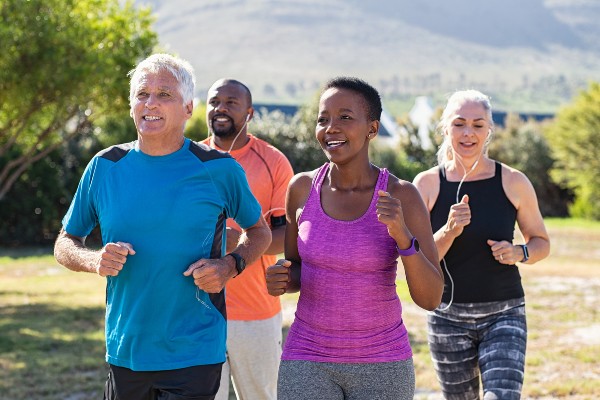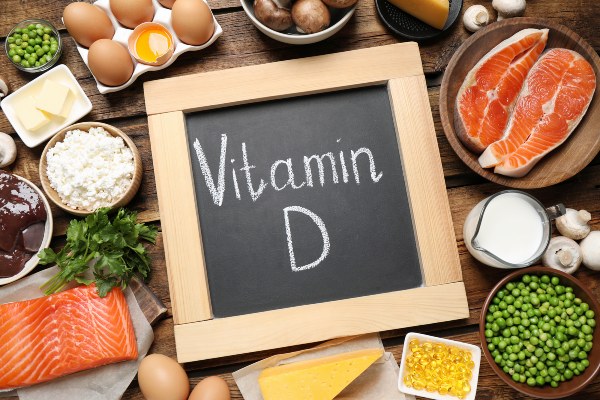Adults 65 and older can share concerns regarding osteoporosis, falling, and overall bone health. However, it is never too late to focus on bone health.
While not all falls cause injury, 1 in 5 cases of falling can cause a head injury or broken bone. [1] Weak or broken bones can be a serious threat to health for older adults due to limited mobility and reduced life quality. [2]
Diet and other lifestyle factors play an important role in building strong bones for the future. Emma Laing, Ph.D., RDN, LD is a clinical associate professor and director of dietetics at the University of Georgia. We got the chance to ask her a few questions on bone health and aging. Here is what she shared with us!
How does the diet impact bone health?
Diet is one of the key components that has an impact on bone health. Bone strength can be improved or maintained using a combination of:
- medication
- a healthy diet
- and weight-bearing exercise such as lifting weights, climbing stairs, or balance training
Medications are often prescribed as the first step in treatment for osteoporosis. This is because diet and exercise alone are not likely to increase bone density. However, proper nutrition may help prevent bone loss and help the drugs used to treat osteoporosis work better.
What nutrients are important for maintaining bone strength?
To maintain bone strength, consider a diet that:
- is rich in calcium and vitamin D,
- has adequate protein,
- limits sodium,
- and has plenty of fruits and vegetables.
Vitamins C and K, magnesium, and potassium are also important for building strong bones.
Is it better to get vitamin D and Calcium from whole foods or do supplements work just as well?
If your diet has a variety of foods that include dairy, fish, fruits, and vegetables, you should get enough of the nutrients you need every day to support bone health (see this table for some ideas to create bone-healthy recipes at home).
However, if you are not able to get the recommended amounts of these nutrients from food alone, you might need to take a multivitamin or a supplement.
For example, if you are unable or prefer not to drink a lot of milk or consume foods fortified with calcium or vitamin D, you might need a calcium or vitamin D supplement. Talk to your healthcare provider or registered dietitian to see if you might need a supplement.
What are some lifestyle changes to focus on to maintain healthy bones for the future?
- Aim to consume enough calcium, vitamin D, and other nutrients that support bone health by eating a balanced diet each day.
- Try to limit foods and beverages that are high in sodium and caffeine. A diet low in sodium helps the body keep calcium instead of losing it in the urine. Limiting caffeine sources like coffees, teas, and soda may also prevent bone loss.
- Drinking too many alcoholic beverages can also lead to weak bones. Stick to national guidelines of no more than 1-2 alcoholic drinks per day.
- Other lifestyle factors to focus on include avoiding smoking and engaging in regular exercise that promotes flexibility, balance, and bone strength.
- Your healthcare provider can evaluate your risk factors, provide prevention and treatment advice for osteoporosis, and provide patient support resources. Click here for more information.

In this blog series on healthy aging, we have covered heart health, brain health, and what it means to age naturally. If you missed any of these blogs, check them out below:
We hope you have enjoyed this information. Maybe you even learned something new!
The biggest takeaway: Lifestyle choices have an impact. Follow diet and physical activity recommendations and seek guidance when needed. We can all do our part now to prevent disease and take care of our bodies for the future.

Written by Darci Bell, RDN, LD, and Emma Laing, Ph.D., RDN, LD | Edited by Leslie Davis, RDN, LD, CDCES
References:


